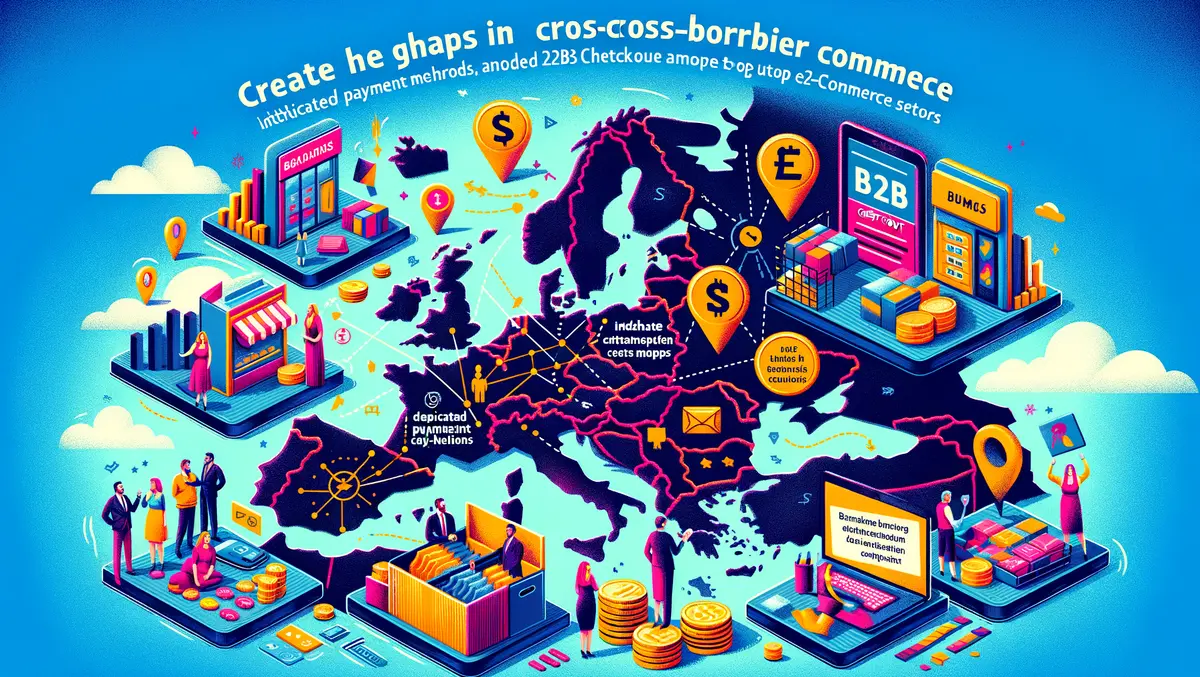
Report shines light on European B2B eCommerce flaws
The B2B Checkout Report 2024, released by Billie, sheds light on the opportunities available and also the shortcomings, such as a lack of cross-border commerce, inadequate payment methods and the absence of dedicated B2B checkout for business customers. The focus of the report was the top 100 eCommerce stores in Europe, specifically in Germany, the UK, France, Sweden, and the Netherlands, analysed against a comprehensive list of 29 key criteria.
Notably, the study reveals that only half of the evaluated stores allow cross-border commerce. While the European Union has championed a unified digital commerce market, this seems not to have translated as effectively for B2B eCommerce as for B2C. Differences in VAT and invoicing standards, slow progress in the digitisation of business payments form part of the challenges. In this aspect, French online stores are leading, with 70% allowing cross-border shipping, primarily to French-speaking regions.
Additionally, 57% of European stores lack a dedicated B2B checkout. A dedicated B2B checkout is defined as an option specifically designed for shopping as a business buyer. Stores without this feature may be underestimating the potential revenue from accommodating business clients and facilitating their ability to purchase as professional entities.
When it comes to the ability to shop without a significant signup process, 43% of B2B checkouts do not offer this feature. The leading country in this respect is Germany, with 89% of B2B checkouts enabling business customers to shop as guest buyers without prerequisites. In comparison, 65% of B2C checkouts offer similar facilities, hinting that B2C online shopping is more efficient.
Another significant finding is that 55% of B2B checkouts lack at least one critical payment method. For instance, only 42% offer Buy Now, Pay Later (BNPL) options, which are considered one of the most popular payment methods in B2B commerce. Among those offering this feature, 36% allow shopping cart values exceeding €5000.
The report also assessed the user experience. Findings show that 37% of checkouts include a progress bar or equivalent visual aid while 34% don't allow customers to navigate backward in the checkout process. Furthermore, location-autofill is missing on 32% of sites and 39% of stores do not specify delivery times pre-checkout.
Billie's analysis suggests that B2B eCommerce needs to improve significantly to match its B2C counterpart. Whether this will be achieved by pure B2B players with extensive industry experience or hybrid players who do business with consumers remains to be seen. However, current trends suggest that substantial growth in B2B is anticipated, which could spearhead improvement in its digital commerce capabilities.


